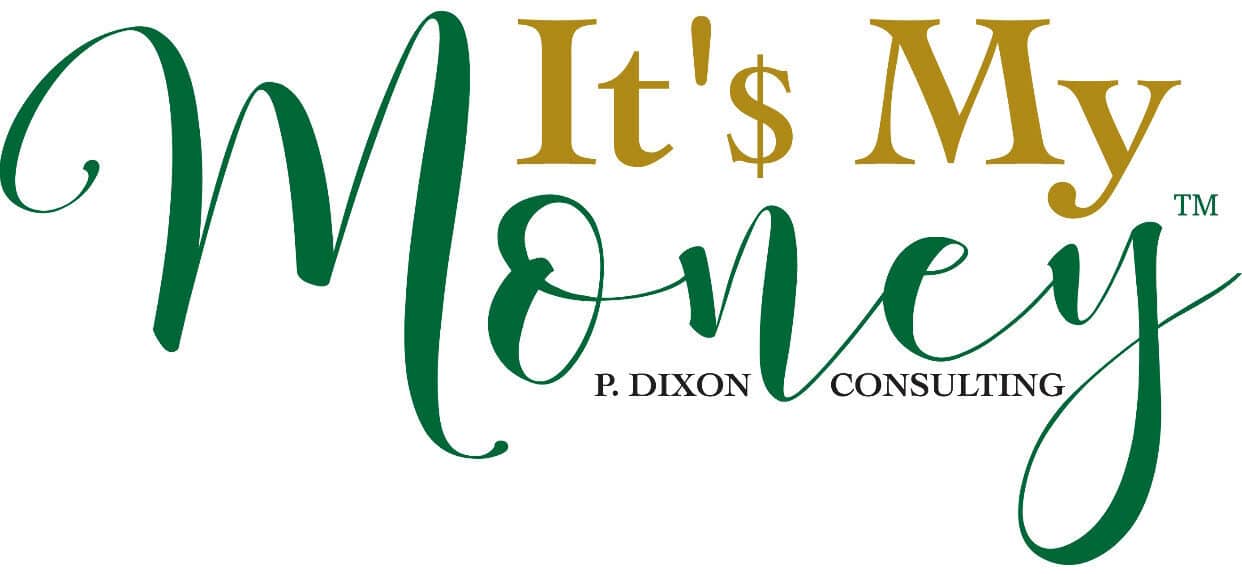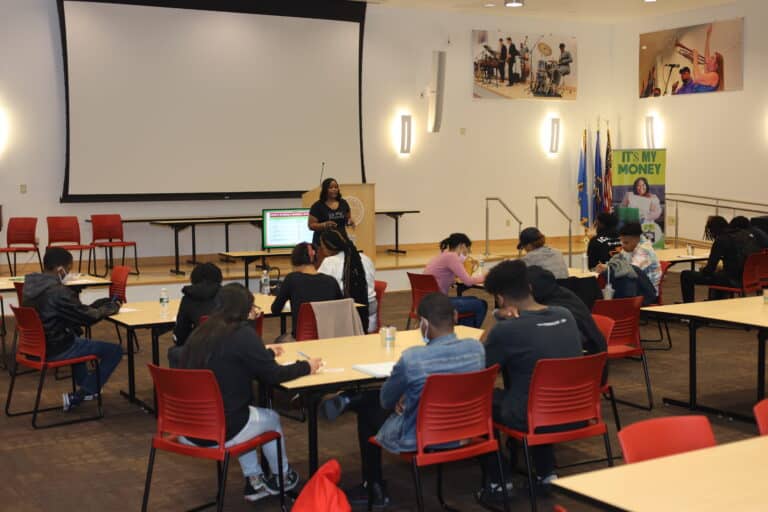How To Teach Your Kids About Personal Finance
This post may contain affiliate links which may compensate us based on your interaction at no cost to you. Please read the disclosures for more information.
You have the biggest influence over your child as a parent, and how they behave is a reflection of the way you raised them.
Because of this, what you how to teach your kids about personal finance them will affect their habits. Thus it is crucial to start teaching children about money at a young age.
Children must learn about money because it will enable them to have successful lives, feel safe in their financial situation, and have sincere regard for the worth of the money they earn.Kids also need to learn how money works in order to understand how their parents made a purchase since there are fewer cash-hand transactions currently. This will emphasize the idea that making purchases and making payments on debt are not magical deeds.
|
Side note, if you need some help managing your money, check out some of the resources on my resource page. They are completely free. If you’re needing something with more details, check out my mini financial planner. It’s a great way to manage your budget in an easy to use planner! |
What Age Should Parents Start Teaching Kids About Money?
Kids are old enough to learn about money if they are old enough to ask for things. Most kids between the ages of four and fifteen already have a basic understanding of money. You can often find them selling lemonade around their neighborhood or working in restaurants during their holiday breaks.
This proves that kids comprehend how money works. As a parent, it might help you structure your interaction with them.
How Does Talking About Money Help?
Talking to kids about money increases their knowledge of the topic and aids in the growth of their financial literacy. When they grow up, kids who are encouraged to talk about money typically handle it better.
On The Money Exchange Podcast, Clifton D. Corbin added that this would also forge a deep link between you and your child since it would encourage them to talk to you about a variety of problems they could be having.
Ways to Teach Children About Money
There are so many great ways to how to teach your kids about personal finance your kids about money. Here are some ideas to help you get started!
1. Explain and Clarify the Connection Between Work and Money
|
|
Kids can be involved in family budget conversations to accomplish this. A fantastic moment to discuss money with children is during meals. Ask them to explore prices if you are organizing a family holiday, for instance. They can research hotel options, vehicle rental prices, and airline flights, among other things. |
2. Encourage Your Children to Save
When kids receive money for special occasions or birthdays, it’s a great chance to teach them about saving.
When opening the account, think about bringing your child along or including them in the online deposit process. You can instruct them to divide the money they get into thirds, with one-third going to a bank account and the other two-thirds going to a charity.
Start educating your kids about saving with a piggy bank if you’re not quite ready to take the plunge and create a bank account for them.
3. Play Games Involving Money
Board games with a financial theme, such as Monopoly or Life, are entertaining and memorable ways to explain how money works.
You can get a good deal on these at Walmart. They have some of the lowest prices on lots of items. This can be a great place to get some money based board games to teach your kids some money basics while having fun.
4. Teach Them How to Give Back
As soon as they begin earning any money, make sure to educate them the importance of giving. They can choose a church, a charitable organization, or even a friend who could use some assistance. They’ll eventually realize that giving has an impact on the giver as much as the recipients.
5. Get Them Acquainted With How Credit Cards Work
|
Your child will start receiving credit card offers as soon as they become 18—especially once they start college. If you haven’t explained why taking on debt is harmful, they’ll end up using their credit cards just like everyone else. Keep in mind that you must choose the appropriate moment to impart these ideas to them. It can be good to eventually get a card that can help build credit and teach your child about avoiding debt. The Credit Builder Card is a great card for people with little to no credit to get a handle on your financial management. Check it out here. |
Also, check out my video on the benefits of a secure credit card like The Credit Builder Card here.
6. Lean Children Into the Habit of Budgeting
No matter how small their allowance or pay is if they are eligible for work, encourage them to budget as this will help them learn how to manage more.
One fun way help kids budget is to use a template. You can have your kids create their own with a site like Canva Pro. Canva Pro has a lot of great templates that you can use for all sorts of things. You can let your children design their own budget tracker that fits their personality to make budgeting more personalized and exciting. Check out Canva Pro here.
7. Help Them Figure Out How to Make Money
If you’re a parent, speaking to your children about money can lay the foundation for a bright financial future for them. Building healthy habits at a young age makes children more likely to grow into adults who experience much less financial stress than people who didn’t grow up with this kind of training.
Don’t wait up, start today, and if you would love more insight into why this is crucial, listen to Episode 113 of The Money Exchange where Clifton D. Corbin shares How To Teach Your Kids About Personal Finance.











